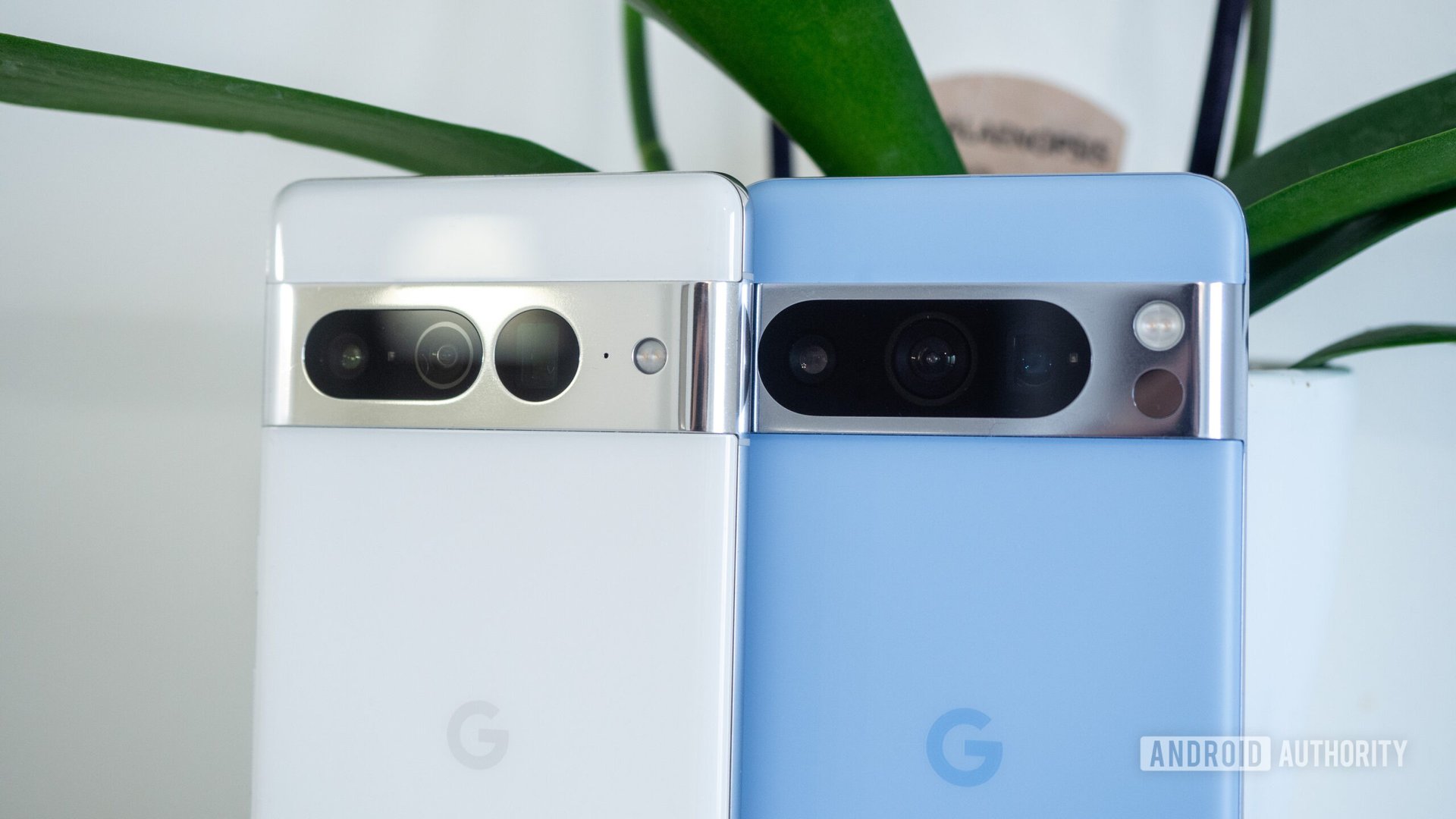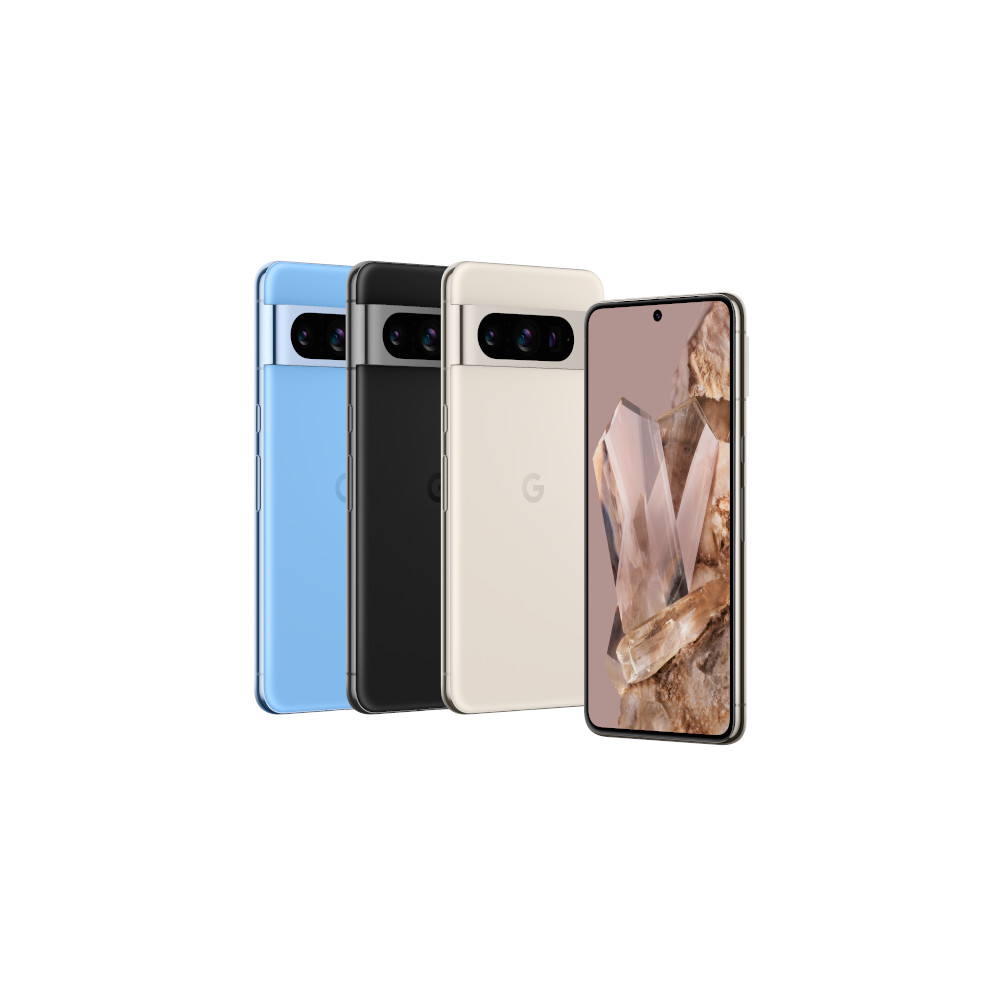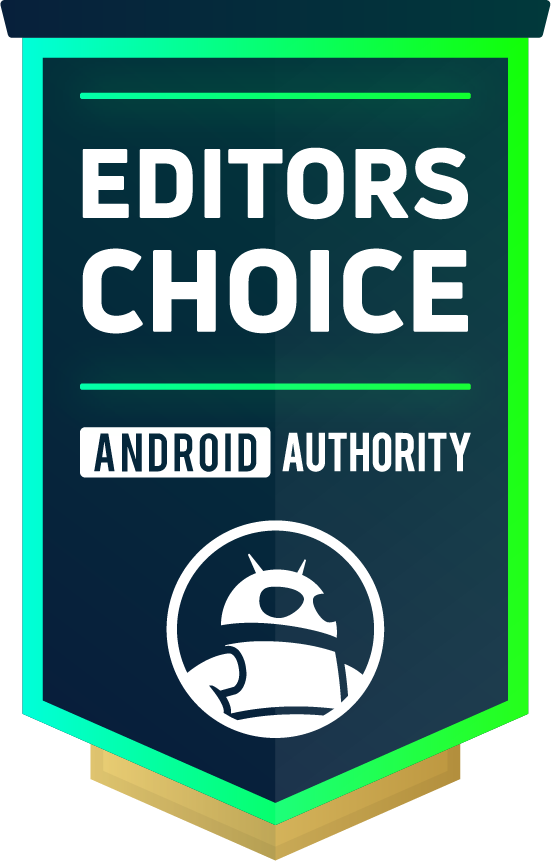Affiliate links on Android Authority may earn us a commission. Learn more.
Does the Pixel 8 Pro take better photos than the Pixel 7 Pro? We tested them
Published onOctober 11, 2023

With the Pixel 8 Pro hitting the market today, one of the questions we’re all asking ourselves is whether or not Google’s latest flagship has brought an improved camera performance. To answer that, we put up the Pixel 8 Pro against the Pixel 7 Pro in a series of camera shots to see if Google’s claim of more light sensitivity across all lenses holds true. The result is surprisingly impressive in some situations, a bit more mitigated in others.
Let’s jump straight to the Pixel 8 Pro vs 7 Pro camera comparison, but keep in mind that this is a quick side-by-side shootout; our more extensive camera comparison will be published later when we’ve had time to pit the Pixel 8 Pro against the best camera phones from Samsung and Apple.
All of the images below were taken straight out of the phone — no edits or filters applied. If you’re viewing the pics on the site, please remember that all of them are compressed, so if you want to do some pixel peeping, you can download the full-resolution samples from this Google Drive link.
Clearer and more detailed selfie portraits
I take very few selfies, so I honestly never noticed how soft the Pixel 7 Pro’s selfie cam is. But pitting it against the Pixel 8 Pro showed me the difference. At both 0.7x and 1x, the 8 Pro renders sharper images (without being over-sharpened). You can see individual hairs in the 8 Pro’s pics.
More natural portraits
For the main camera’s portraits, the two phones take really good pics at the larger zoom level, as seen in the first pic of my husband below (1x for the 7 Pro and 1.5x for the 8 Pro), though the 8 Pro manages a better white balance and a bit more light.
Get closer though (2x for both the 7 Pro and 8 Pro) and you’ll notice that the 7 Pro zooms in way too much — more than the 2x would let you believe. This results in less detail that’s compensated by excessive sharpening. The two cats’ furry faces and whiskers look more natural on the 8 Pro.
Balanced ultrawide
The jump from a 12MP ultrawide camera to a 48MP ultrawide camera with a smaller f-stop (more light) results in less noisy images, especially in darker spots. Binning four pixels into one certainly helps reduce that noise, but you’ll have to check the full-resolution images here to see the difference. At thumbnail size, the snaps look practically identical.
Softer, more natural macro snaps
An improved ultrawide also means better macro shots because that’s the lens the phone uses to snap up-close images. I noticed that focusing is faster with the 8 Pro and it’s a bit more foolproof than the 7 Pro, which spits blurry macros one out of four times on average. The images are also all around better: more light, more natural contours, and less excessive sharpening.
The Pixel 8 Pro can also take closer macros. You can come within 2cm of your subject, instead of 3cm with the Pixel 7 Pro. Here are two shots taken with the 7 Pro at 3cm, then the 8 Pro at 3cm, and at 2cm to get even more up close.
Slightly better 2x, 3x, and 4x zoom
The Pixel 8 Pro, just like the 7 Pro, only has a 5x telephoto zoom lens. For all zoom levels between 1x and 5x, it uses a mix of cropping and overlaying the 5x photo on top of the 1x one to get better results. Below is a sample comparing the 7 Pro (above) to the 8 Pro (below) at 2x, 3x, and 4x. Although the 8 Pro shows a bit more detail, the difference is minimal between the two, so I hope Google can find better ways to improve the 3x and 4x performance in the future.
Telephoto zoom
In daylight, the telephoto’s performance is seemingly similar, although a bit of pixel-peeping reveals slightly more detail and less post-processing in the Pixel 8 Pro’s photos (f/2.8). The 7 Pro (f/3.5) tends to sharpen the images a bit more than necessary to make up for its lower sensitivity to light.
The difference in the telephoto’s performance is immediately noticed when the conditions are a little less than ideal. In dimmer environments, the 7 Pro is too noisy, while the 8 Pro manages to capture more light and more detail.
Gone are the blue-green flares
One of my biggest issues with the Pixel 7 Pro was the very prominent blue-green flares that showed up in certain well-lit and reflection shots. I was dreading these again on the 8 Pro, but to my surprise, the new phone doesn’t exhibit such glaring glares. If you look closely, you’ll still notice a bit of flare, but it’s nowhere as prominent as before, i.e. I don’t feel an immediate need to delete these photos. The 8 Pro does, however, have a tendency to show more ghost lights in certain situations.
At night
In darker environments, the Pixel 8 Pro’s better main lens (f/1.68) lets in more light than the 7 Pro’s lens (f/1.85). I noticed that the 8 Pro isn’t as quick to trigger the Night Sight mode (because it gets enough light in dim situations) and results in better overall images with less noise.
I did hit a snag in a few situations, though, where the white balance was completely off on the Pixel 8 Pro and resulted in warmer and greener images than the Pixel 7 Pro.
When Night Sight is triggered, the results are a bit more mitigated — at least at 1x and 2x. (We’ve already seen how the 8 Pro is better at night with the ultrawide and tele lens.) The 7 Pro captures brighter photos for longer durations; on average, a 2-second Night Sight pic on the 8 Pro takes double the time on the 7 Pro. However, to me, the results feel a little unnatural and too bright in some cases. Trying to conjure light when there isn’t any ends up causing more noise in the darker parts of the image. The 8 Pro seems to find a better balance between lighting up the night and keeping it dark.
Regular pics and HDR
I left this for last because regular photos taken with the main camera are virtually identical on both phones. The Pixel 8 Pro’s camera does tend to go overboard with the highlights in tough HDR situations, though.
Do your prefer the Pixel 8 Pro or Pixel 7 Pro photos?

